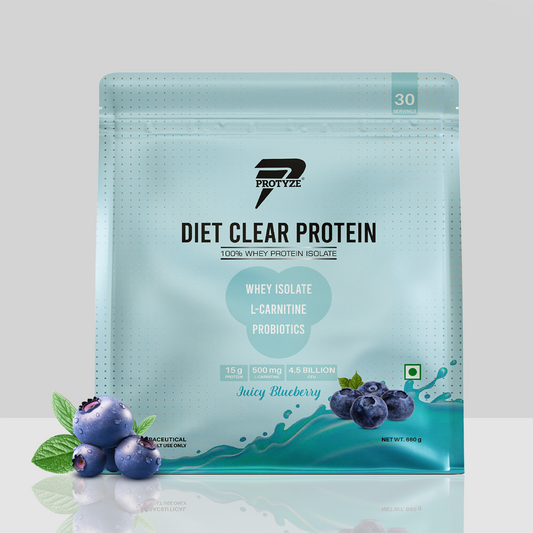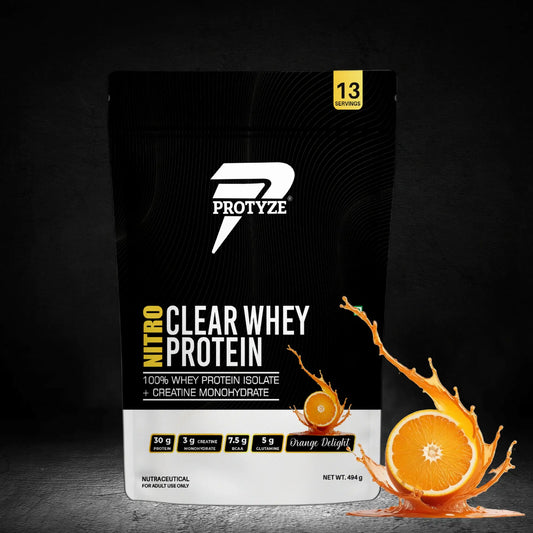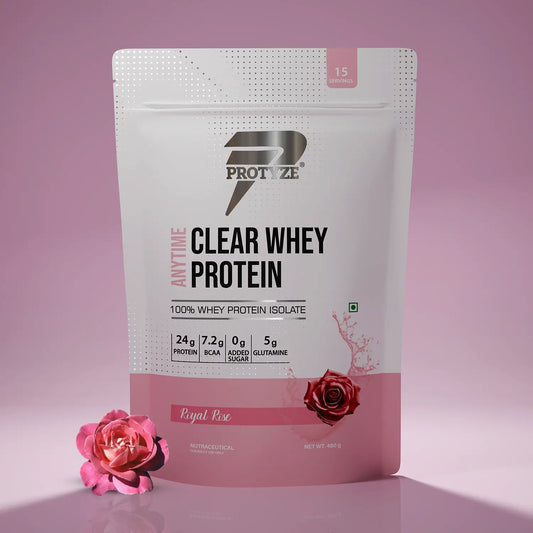When it comes to achieving fitness goals — whether it’s building lean muscle, losing fat, or improving overall performance — nutrition balance is everything. Most people focus on calories alone but forget the secret behind real results: the right ratio of protein, carbs, and fats.
This guide breaks down how to balance your macros effectively — and why your protein source matters more than you think.
Why Balancing Macros Is the Key to Fitness Success
Every gram of food you eat contains macronutrients — protein, carbohydrates, and fats. These three macros are your body’s building blocks. Each plays a unique role in helping you reach your goals.
-
Protein: Builds, repairs, and maintains muscles.
-
Carbs: Provide energy for your workouts and recovery.
- Fats: Support hormones, brain health, and joint function.
The problem? Most people don’t eat them in the right proportion — leading to slower progress, fatigue, and poor recovery.
Balancing these macros ensures your body functions at its peak — burning fat efficiently, recovering faster, and building lean muscle without storing excess calories.
The Ideal Macro Ratio: What Works Best?
There’s no one-size-fits-all answer — your ideal ratio depends on your goal and activity level. Here’s a simple guide to get started:
|
Goal |
Protein |
Carbs |
Fats |
|---|---|---|---|
|
Muscle Gain |
30–35% |
45–55% |
15–20% |
|
Fat Loss |
40–45% |
25–35% |
20–30% |
|
Maintenance & Performance |
30% |
45% |
25% |
1. Protein: The Muscle Builder
Protein is your body’s repair system. After every workout, your muscles undergo microscopic tears that need to be rebuilt — and protein is the raw material that does the job.
Why You Need Enough Protein
- Promotes lean muscle growth
- Speeds up recovery after workouts
- Reduces cravings and helps in fat loss
- Supports healthy metabolism
How Much Protein Do You Need?
The general guideline:
- ➡️ 1.6–2.2g of protein per kilogram of body weight
So if you weigh 70 kg, aim for 110–150g per day.
Best Protein Sources
-
Lean meats: Chicken, turkey, fish
-
Eggs and dairy: Greek yogurt, cottage cheese
-
Plant-based: Lentils, tofu, peas
- Supplements: Whey Protein Isolate or Clear Whey Protein
However, not all proteins are created equal. Some are heavy, cause bloating, or take time to digest. That’s where Protyze High-Protein Series makes all the difference — light, fast-absorbing, and deliciously refreshing.
2. Carbohydrates: The Energy Engine
Carbs often get a bad reputation, but they are your primary energy source — especially for strength training and endurance workouts.
Why Carbs Matter
- Fuel your muscles and brain
- Improve workout performance
- Prevent muscle breakdown by sparing protein for muscle repair
- Aid post-workout recovery
Choose Smart Carbs
Go for complex carbs that digest slowly and release steady energy:
- Oats, brown rice, quinoa
- Sweet potatoes
- Whole grains, fruits, and vegetables
Avoid excessive refined carbs like sugary snacks or white bread — they cause spikes in blood sugar, leading to energy crashes and fat storage.
3. Fats: The Hormone Helper
Fats are not the enemy — they’re essential for health and long-term performance. They regulate hormones, support joint function, and help absorb vitamins (A, D, E, K).
Best Sources of Healthy Fats
- Avocados, nuts, seeds
- Olive oil, flaxseed oil
- Fatty fish like salmon and tuna
Keep fats to about 20–25% of your total calories for optimal results.
4. How to Calculate Your Macros
Here’s a step-by-step approach to get started:
Step 1: Find Your Daily Calorie Goal
Use this formula (simplified):
- Total Calories = BMR (Basal Metabolic Rate) × Activity Level
Example:
If your BMR is 1600 calories and you’re moderately active (×1.55),
→ 1600 × 1.55 = 2480 calories/day
Step 2: Set Macro Ratios
Say your goal is fat loss:
→ 40% Protein, 30% Carbs, 30% Fats
Now calculate:
-
Protein: 40% of 2480 = 992 calories ÷ 4 = 248g protein
-
Carbs: 30% of 2480 = 744 calories ÷ 4 = 186g carbs
- Fats: 30% of 2480 = 744 calories ÷ 9 = 83g fats
That’s your daily macro plan!
5. Common Mistakes People Make
Even if you track your macros, small errors can stall progress. Here’s what to avoid:
- ❌ Skipping protein or eating too little
- ❌ Relying on fried or processed foods
- ❌ Ignoring hydration (especially if taking supplements)
- ❌ Overeating “healthy” fats or carbs
- ❌ Consuming poor-quality protein that’s hard to digest
6. Timing Matters: When to Eat What
Nutrient timing plays a key role in optimizing your results.
Pre-Workout
- Carbs + a small portion of protein for energy
- (Example: Oats + Whey Protein Shake)
Post-Workout
- Protein + fast-digesting carbs for recovery
- (Example: Protyze Nitro Clear Protein + banana or rice cakes)
Throughout the Day
- Distribute protein evenly — every 3–4 hours
- This helps maximize muscle protein synthesis.
7. The Role of Protein Quality
Not all proteins digest or absorb the same way. Traditional whey shakes can cause:
- Bloating or heaviness
- Slow absorption
- Poor mixability
Modern fitness enthusiasts prefer clear whey isolate — protein that’s light like juice but powerful like whey.
That’s where Protyze Nitro Clear Protein stands out:
- 30g protein per serving
-
3g creatine for strength & power
-
Zero sugar, zero bloating
- Refreshing flavors like Orange, Mango & Pink Guava
If you’re serious about building a lean, strong, and defined body — the quality of your protein is as crucial as the quantity.
8. Sample Balanced Meal Plan
Here’s what a balanced macro day might look like for someone training 4–5 days a week:
|
Meal |
Example |
Macro Focus |
|---|---|---|
|
Breakfast |
Oats with banana + Nitro Clear Protein |
Protein + Carbs |
|
Mid-Morning Snack |
Handful of almonds + black coffee |
Healthy Fats |
|
Lunch |
Grilled chicken, brown rice, veggies |
Balanced |
|
Pre-Workout |
Apple + Protyze Clear Whey |
Carbs + Protein |
|
Post-Workout |
Nitro Clear Protein + water |
Fast Protein |
|
Dinner |
Salmon, quinoa, and sautéed greens |
Protein + Fats |
9. Supplements That Support Macro Balance
Besides food, supplements can make hitting your macros easier:
-
Whey Isolate or Clear Whey Protein – High-quality protein source
-
Creatine Monohydrate – Boosts strength and recovery
-
BCAAs or EAAs – Prevent muscle breakdown
-
Omega-3 – Healthy fats for joint and heart health
- Electrolytes – Keep hydration balanced during intense workouts
Protyze’s Functional Protein Range combines multiple benefits — protein, creatine, and electrolytes — in one, making it easier to hit your daily goals without juggling multiple supplements.
The Bottom Line: Balance + Quality = Results
Balancing protein, carbs, and fats isn’t just about math — it’s about fueling your body intelligently. Once you get your ratios right, your energy, strength, and physique will transform.
But remember — even the best macro plan falls flat without high-quality protein.
That’s where Protyze steps in.
-
✅ Nitro Clear Protein: 30g protein + 3g creatine for growth & recovery
-
✅ Hydra-X: Protein + Electrolytes + Glutamine for hydration & strength
-
✅ Clear Whey Protein: Light, juicy, and perfect for everyday protein intake
Whether you’re bulking, cutting, or maintaining — Protyze gives you the clean, effective, and result-driven protein your body deserves.





